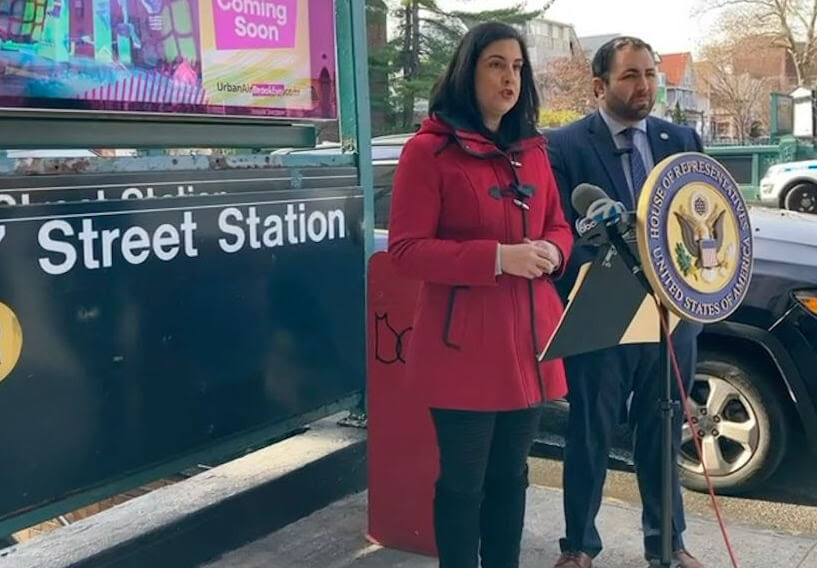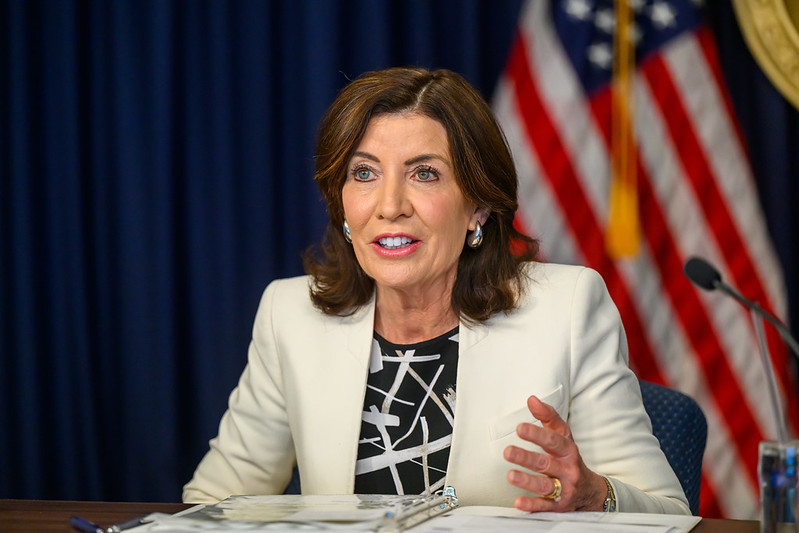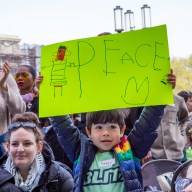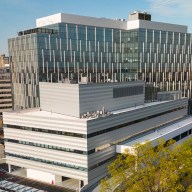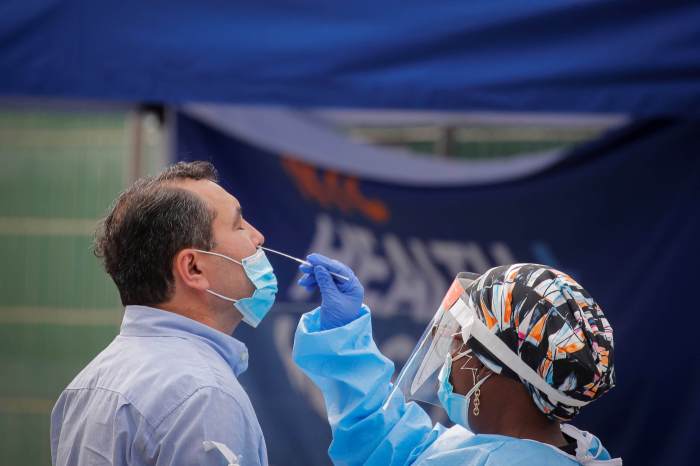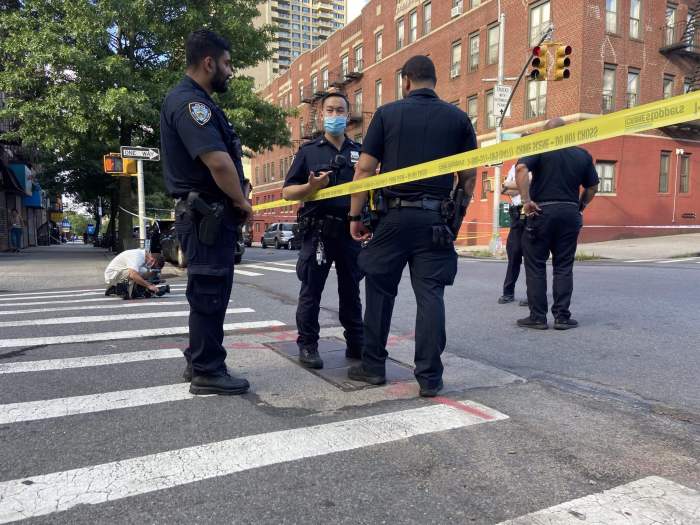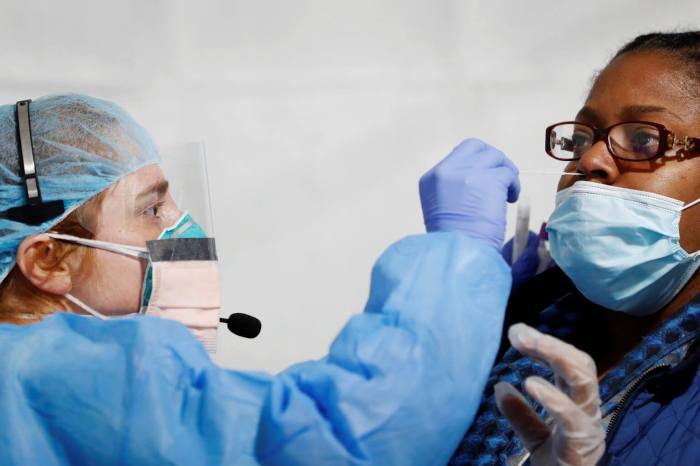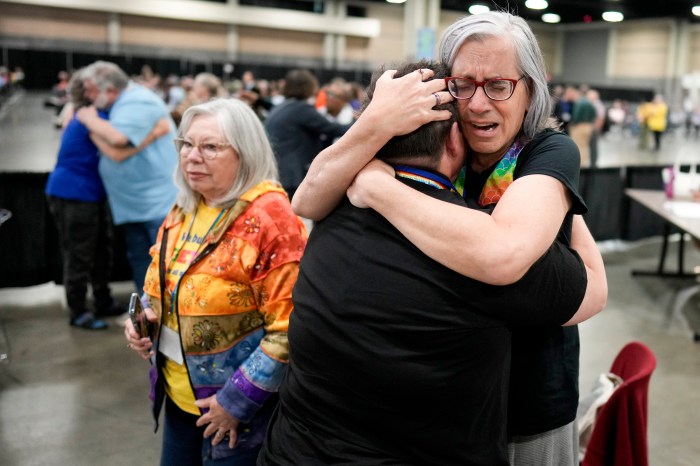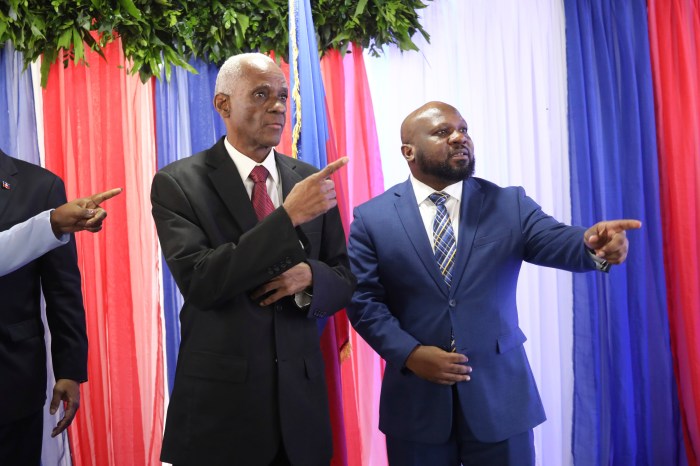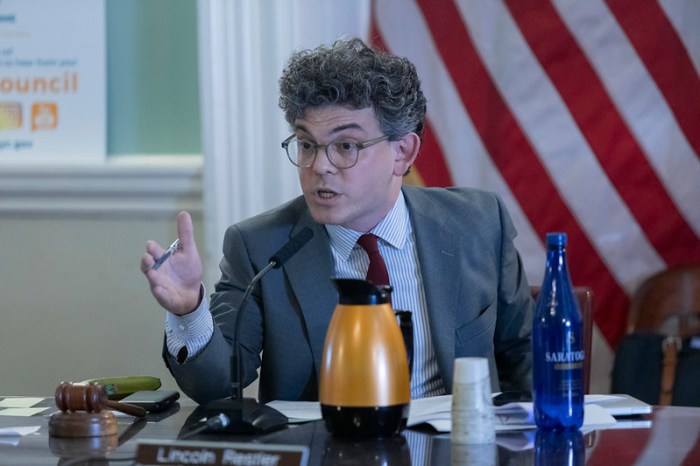A pair of politicians who rep both southern Brooklyn and Staten Island joined forces Monday to denounce the Metropolitan Transportation Authority’s plan to raise transportation fares and tolls by 5.5% — despite recent claims from Governor Kathy Hochul that fare hikes and service cuts in 2023 and 2024 were “off the table.”
“It’s unconscionable that just weeks after the election we have our governor saying there is a need for toll and fare hikes as if the MTA has not gotten enough money from the federal government,” Congressmember Nicole Malliotakis said in a statement. “The MTA is a black hole — they’re constantly asking for more and more money. My question to the Governor and the MTA is: At what point is it enough? At what point will the MTA be able to run its services without hitting our constituents over the head time and time again?”
Malliotakis, the city’s lone Republican congressmember, joined fellow GOP Assemblymember Michael Tannousis outside of Bay Ridge’s 77th Street subway station on Dec. 5. There, the two local pols called on the MTA to control its “wasteful spending,” and cut “unnecessary line items” from the proposed $19.2 billion budget it put forward late last month.
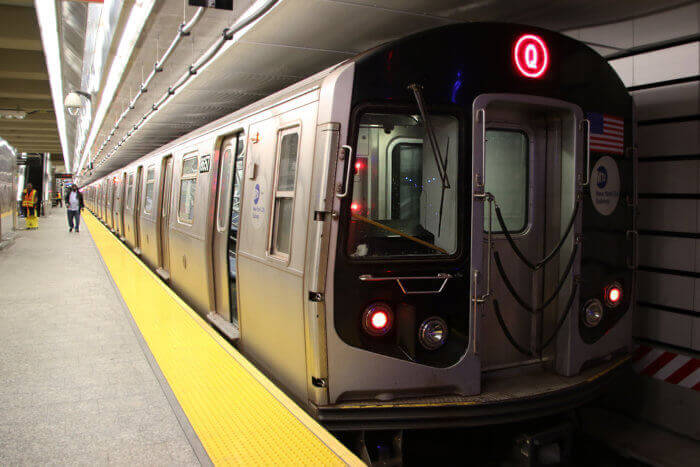
“The priorities of our state are not where they should be — the priorities are not the New York State taxpayer,” Tannousis said in a statement. “To quote the movie [“A Bronx Tale”], when it comes to New York State, ‘the working man is a sucker.’ If you look at all the bills they’ve passed and everything in the budget — $2.1 billion for undocumented workers, millions of dollars for healthcare for undocumented workers — what have they passed for the taxpayer? If the MTA took only a fraction of the money New York wasted in the budget, we wouldn’t be in this situation. The taxpayer should be their number one priority.”
In order to bridge a $600 million dollar budget gap allegedly caused by low ridership, the sprawling transportation agency announced Nov. 30 that it will undergo cost-cutting measures, which will lead to an increase in transit costs starting as early as spring 2023, with more hikes possible in 2025. The hikes may drive subway and bus fares above $3.
“How do we react to a moment when there is an existential crisis facing the MTA? How do we react to it creatively?” said MTA Chair and CEO Janno Lieber at the agency’s monthly board meeting. “The bottom line is, this is a plan that is designed to protect riders. At a moment when we have a huge financial impact from COVID, our priority is maintaining service, and making cuts that do not require job cuts and don’t impact on our ability to put on service, and which are moderate in the fare increases.”
Last fall, Hochul claimed that all fare hikes in 2023 and 2024 would be delayed due to the help of the Infrastructure Investment and Jobs Act (IIJA), a bipartisan bill providing $550 billion in new spending on infrastructure nationwide — $39 billion of which is just for public transit.
“Governor Hochul took action last year to avoid a fare hike or service reductions, and she is committed to providing safe, quality, and reliable transit service to riders,” said John Lindsay, a spokesperson for Hochul. “We will continue working with federal partners and state legislators on how to best support public transit.”
Since receiving federal funding and pandemic-relief funds, the MTA has introduced various new projects, including the decision to install cameras in every subway car and efforts to make 95% of subway stops accessible by adding elevators and ramps.
A 2019 report by State Comptroller Thomas DiNapoli found that Project Management Procedures (PMP) were not always followed by MTA employees and detailed various delays, design errors and insufficient personnel onsite. DiNapoli’s findings estimated over millions in wasted spending including repairs that cost $35 million and contributed to subway delays that add up to roughly $300 million a year.
“If the Governor thinks the MTA needs more money, I urge her to look at the mismanagement of the MTA and its capital projects, our state’s bloated spending, and the fare and toll evasion that’s going on,” Malliotakis said. “I’ve introduced legislation on the federal level to audit every penny the MTA has received because it’s unconscionable that they’ve received all this money and still need more. When does it end?”
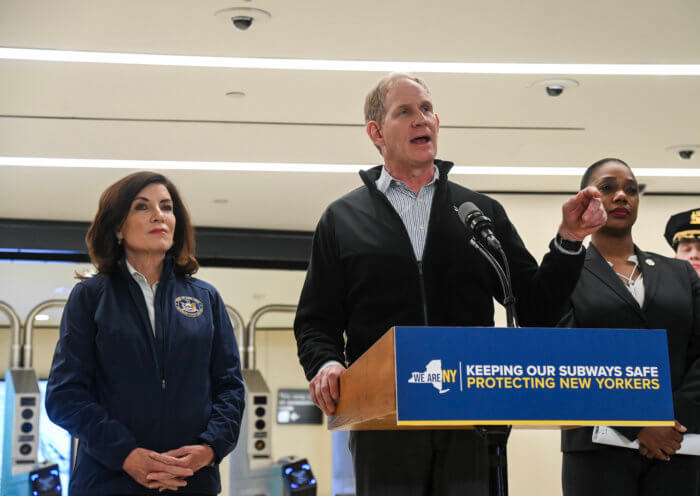
In August, Malliotakis and New Jersey Congressmember Josh Gottheimer announced their plan to introduce new bipartisan legislation requiring the Department of Transportation’s Office of Inspector General to conduct a full audit of the MTA to see exactly where the billions of federal dollars they received over the last five years have gone.
“The fact that the City, State, and MTA are proposing a congestion tax to make up for lost revenue after they’ve received billions in federal assistance and opportunities to apply for matching grants through the federal infrastructure bill is absurd and goes to show how mismanaged the authority is,” Malliotakis said.
The law is still is in introductory stages and awaits House approval.


